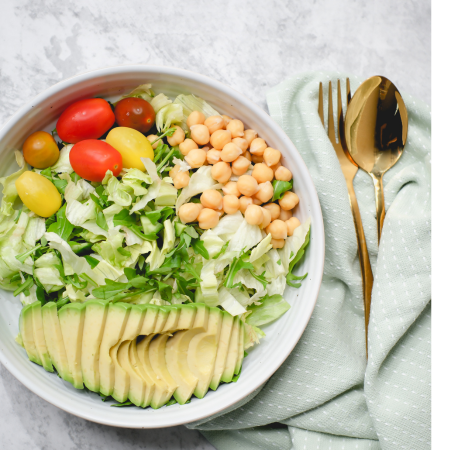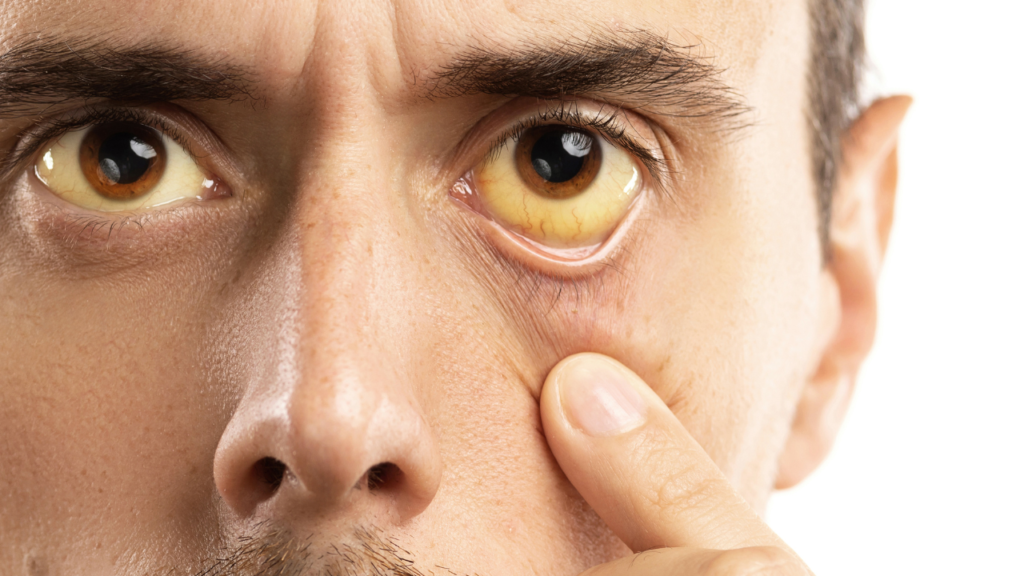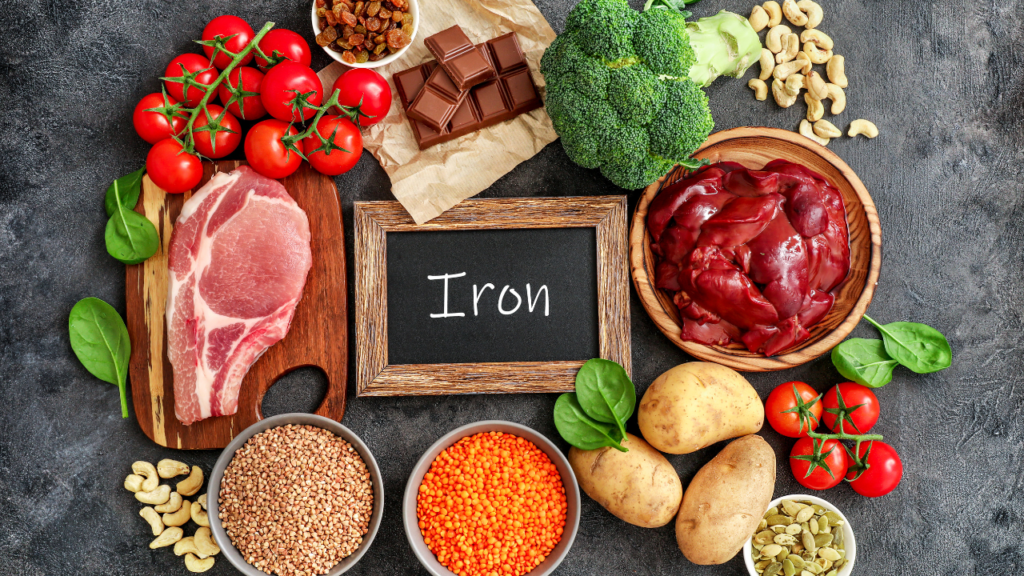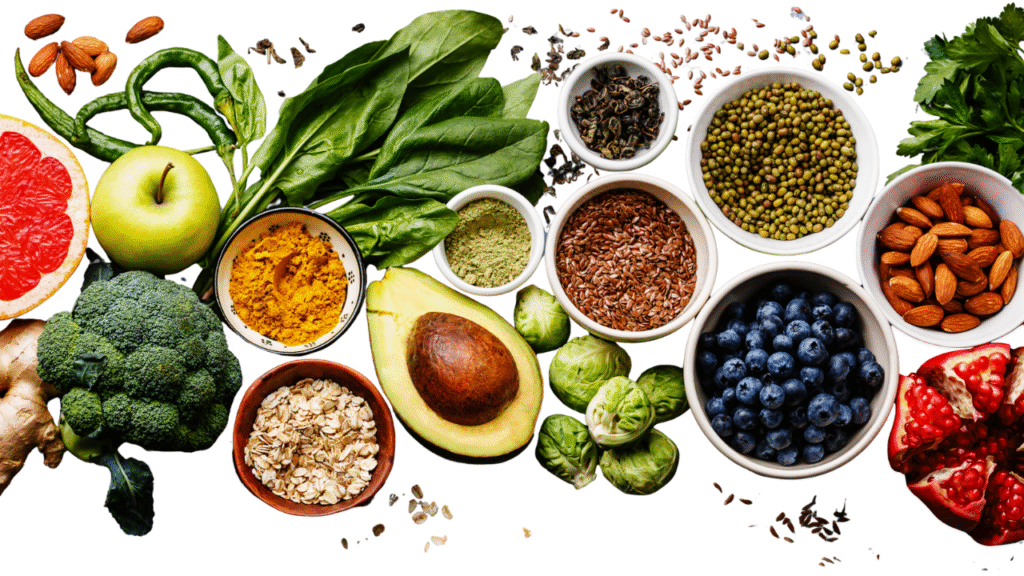For weight loss to work, you need to eat a healthy diet. The right mix of nutrients makes up a nutritious meal. These nutrients are good for your health and help you keep your energy up while trying to lose weight. It is vital to know how food changes the body. A balanced meal can help you lose weight and prevent missing crucial nutrients.
Understanding A Balanced Diet
A healthy diet includes a range of foods that provide the nutrients you need. It helps with weight control, general health, and energy levels. The body needs the right balance of carbohydrates, proteins, fats, vitamins, minerals, and fiber to work at its best.
- Carbohydrates: Carbohydrates give the body energy, which it uses for daily tasks and exercise. Fruits, veggies, and whole grains are good for you.
- Proteins: Building and mending cells need proteins to work. Eat fish, lean foods, beans, and nuts in your meals.
- Fats: Healthy fats help the brain work and make hormones. Eat things like eggs, olive oil,l, and fatty fish to get these nutrients.
- Vitamins and minerals: These micronutrients are essential for many body processes, such as energy production and immune system support. Eat a range of fruits and veggies for balance.
- Fiber: Fiber helps your body digest food and makes you feel full. It is found in whole grains, fruits, and veggies and helps keep blood sugar levels in check.
Setting Realistic Weight Loss Goals
To lose weight, you must set goals you can reach. Age, gender, and the amount of exercise all affect what each person needs. Setting goals can be easier if you know how your body works. It is usually possible to lose one to two pounds every week. This pace helps you lose weight healthily without going too far.
Keeping track of growth is essential. Regularly examining your weight and measurements can motivate you to keep working hard. Writing down what you eat and how much you move can help. This makes people responsible. Making small goals that you can reach can help the journey feel less overwhelming. To stay inspired, celebrate each goal you achieve.
Creating Your Balanced Meal Plan
Find out how many calories you need each day before you make a food plan. This number is based on your age, gender, weight, height, and amount of exercise. You can use online tools to get a rough idea of these needs. Most people need between 1800 and 2400 calories per day for weight management. To lose weight, eat less than you burn, almost 500 to 1000 calories daily. This method can help you lose up to two pounds of safe weight each week.
- Breakfast Ideas: Eat a healthy breakfast to start the day. You can have Greek yogurt with granola and berries, oatmeal with fresh fruit and nuts on top, or a shake made with spinach, banana, and almond milk. These meals give you the energy and nutrients you need for the morning.
- Lunch Ideas: For lunch, try a salad with mixed greens, cherry tomatoes, grilled chicken, and vinaigrette dressing. A whole-grain wrap with turkey, avocado, and spinach is another choice. You could also make a quinoa bowl with black beans, corn, and diced peppers, which are both rich and healthy.
- Dinner Recipes: Try baked salmon with steamed broccoli and quinoa. You could also make a healthy stir fry with tofu, bell peppers, and brown rice. For a healthy and cozy meal, you can also make veggie soup with beans, carrots, and spinach.
- Healthy Snacks: Keep healthy snacks on hand to keep your energy up all day. Great options are Apple slices spread with almond butter; carrot sticks dipped in hummus or a handful of mixed nuts. You can also satisfy your sweet tooth without eating many calories by eating Greek yogurt with cinnamon on top or a small piece of dark chocolate.
Choosing Nutrient Dense Foods
Whole foods contain many vitamins, minerals, and fiber. They give you the nutrients you need without adding sugars or fats that are bad for you. Processed foods often lack enough nutrients, which can cause weight gain and health issues. Choosing whole foods is good for your health and can help you lose weight.
- Fruits and veggies: Choose a variety of brightly colored fruits and veggies. These provide the vitamins, minerals, and enzymes your body needs to stay healthy.
- Lean Proteins: Chicken, turkey, fish, beans, and other veggies are all good sources of lean protein. These foods help muscles grow and heal without making you gain weight.
- Whole Grains: Choose whole grains like oats, brown rice, quinoa, and whole wheat bread. These give you fiber and energy that lasts all day.
- Healthy Fats: Eat foods high in healthy fats, such as avocados, nuts, seeds, and olive oil. These help keep the brain healthy and produce hormones.
Managing Cravings And Emotional Eating
Cravings can make it hard to lose weight. It is essential to figure out what makes these needs happen. People often overeat because they are stressed, bored or upset. A good approach is to eat mindfully. For this practice, you have to pay close attention to your meals. Eating slowly can help you figure out when you’re hungry.
You can meet your needs with other snacks without giving up on your goals. For example, you can eat fresh veggies instead of sweets. It is essential to learn better ways to deal with emotional emotions. Stress can be lowered by doing things like walking or relaxing. Keeping a food journal can assist you see similarities in how you eat.
Hydration And Its Role In Weight Loss
During weight loss, it is essential to drink plenty of water. Water helps your body process food and keep your hunger in check. If you drink enough water, you won’t confuse thirst with hunger. Different amounts of water should be drunk every day. Aim for about eight glasses of water a day. Having a water bottle with you can help you drink more.
Herbal drinks can also help you stay hydrated. Drinking too many sugary beverages adds extra calories that you don’t need. Staying hydrated is good for your health and gives you more energy. Water before meals can help you control how much you eat, and you may eat fewer calories altogether.
The Role Of Physical Activity
Being active is vital to losing weight. Dieting and exercise work best together. Working out regularly helps you lose weight and build strength. Cardio and strength training should both be part of your practice. Walking, running, swimming, or riding a bike are excellent options.
Finding things you enjoy makes you more likely to stick with them. Your goal should be to do 150 minutes of mild physical exercise every week. Two times a week, do muscle training routines. This helps you lose fat and maintain muscle strength. A well-rounded exercise plan is good for your health and well-being.
Conclusion
Following a healthy diet that will help you lose weight is possible. Knowing what makes up a nutritious meal is essential. Setting attainable goals can help you lose weight in a lasting way. You need to choose foods high in nutrients to get the proper nutrition. Keeping an eye on your cravings and upset eating will help you stay focused. Staying moist is good for your health in general.





